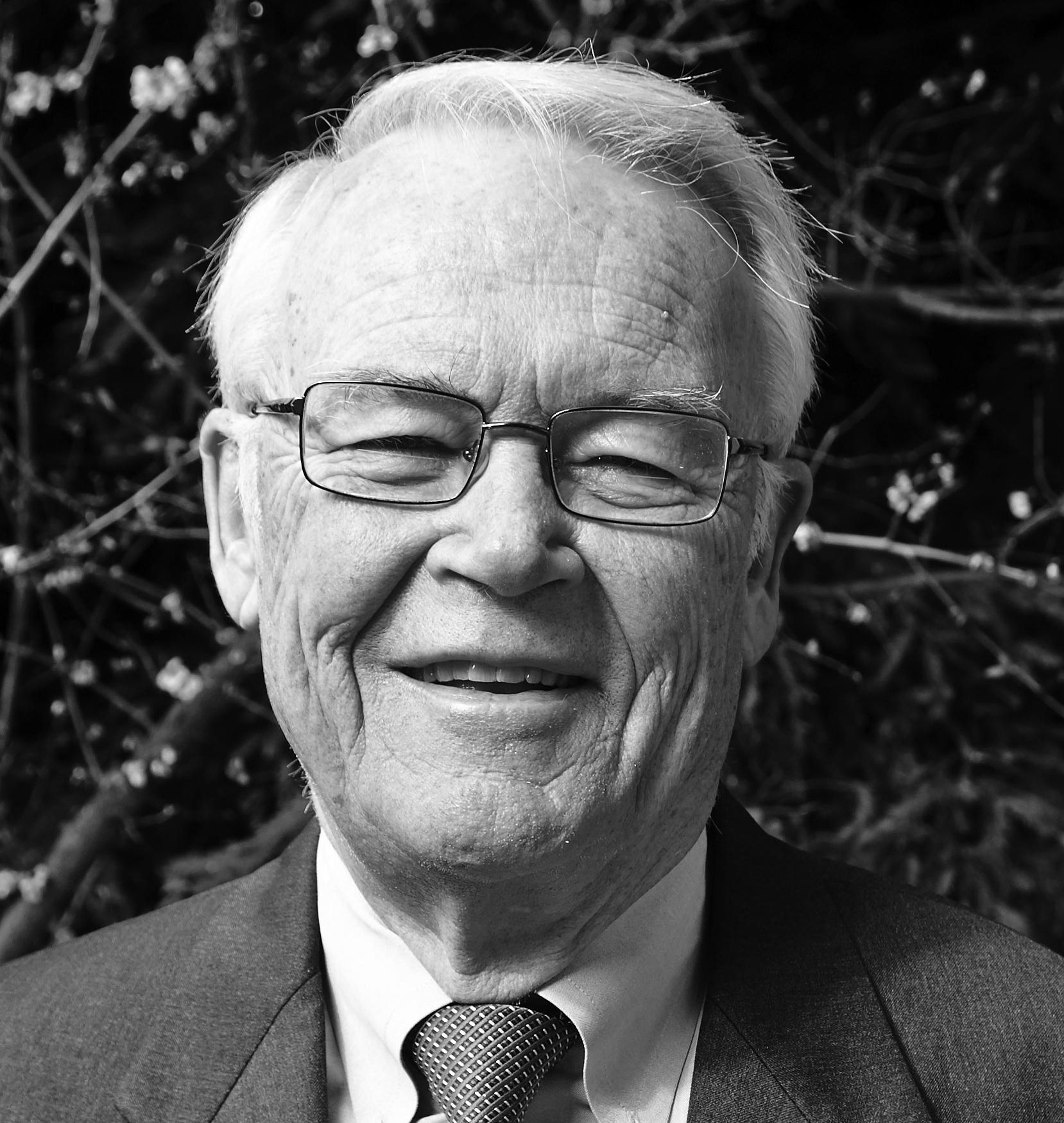BLOG
Four Ways Social Programs Yield Employee Engagement
Social efforts boost retention, aid in recruiting and increase energy and engagement at work.
Employees need a higher purpose in today’s world. Increasing sales and profits and getting a paycheck are not enough. Even building great products or delivering exemplary service may not give an adequate answer to the “Why?” question employees ask when they sit down to do their work. Having an authentic, substantive set of social programs and compelling social purpose can be an answer for business leaders seeking to motivate and engage their employees.
Employees, including executives, want their jobs to have meaning in their professional lives. Employees motivated by a social purpose will be more likely to join a firm, turn their back on opportunities to leave the firm, and work effectively and enthusiastically toward the firm’s goals. They will be engaged.
Consider social programs like Lifebuoy’s “Help a Child Reach 5,” Dove’s Self-Esteem Project, Barclays’ Digital Eagles or Salesforce’s 1-1-1 Philanthropic Model. They are not about a commercial offering. These firms are no longer in business solely to deliver functional benefits and provide stockholders and others with the benefits that flow from generating sales and making profits. They now have a social purpose with substance. And that changes their relationship with employees in four ways.
Four Reasons Why Social Programs Will Help Engage Employees
1. Garners brand respect, even inspiration
One driver of employee engagement is simply to garner an employee’s respect and admiration for the firm’s brand. Take Lifebuoy and its “Help a Child Reach 5” program: it aims to reduce the number of kids that die from contaminated water by changing hand-washing habits using multiple initiatives including in-school programs. If an employee respects such a program because of its purpose, that respect will be transferred to the firm behind it. The ultimate connection will come when a social program brand not only impresses but inspires and this feeling of inspiration becomes embedded in the relationship an employee has with his or her employer.
2. Produces self-expressive benefits
The values and priorities of employees are not communicated by telling people but by the people they chose to associate with, the activities they pursue and, most importantly, the firm they work for. “Where do you work?” and “What do you do?” are common “get to know you” questions. Working for a firm that has developed social programs that are creative and impactful will reflect on the employee. They will represent his or her values and priorities. For example, one role of Dove’s Self-Esteem Program is to provide self-expressive benefits to the Unilever workforce. They are proud to represent a program that empowers self-confidence in young girls and to be a part of a firm that is willing to make such a program successful.
3. Creates opportunities for involvement
To address a trust crisis in 2011, Barclays empowered employees to develop social programs. A group of 17 employees started the Digital Eagles to create a set of social programs to teach the public about thriving in the digital world. Among its programs are informal “Tea and Teach” sessions for digital skill-building and Digital Wings, an online series of courses that advanced people from newbies to experts. The effort grew to involve over 17,000 employees. The result was a strong sense of community and an enhanced employee experience that is based on shared involvement in a program in which there is both individual and collective pride.
4. Provides natural talking points
What do employees talk about when they get asked about their job especially when the firm is unknown or when there has been negative publicity? How do they describe their firm? Social programs give employees a vehicle to describe an organization they are proud of because of its values, priorities and ability to make the world a better place. While talking about offerings and operations can be dull and uninspiring, a social program can be enlightening and perhaps intriguing. Of course, that which makes an employee’s firm more interesting and appealing will reflect positively on him or her and could even lead to business opportunities. Think of Salesforce’s unique 1-1-1 commitment and challenge, which invites companies to join them in committing 1% of employees’ work time to volunteer, donating 1% of their product to people in need and giving 1% of their equity to a nonprofit. It’s been accepted by some 10,000 firms, providing a meaningful way for employees to share the core values of Salesforce.
“Employees motivated by a social purpose will be more likely to join a firm, turn their back on opportunities to leave the firm, and work effectively and enthusiastically toward the firm’s goals. They will be engaged.”
FINAL THOUGHTS
If you’re a business leader hoping to make an impact on the world today, you’ll need your employees to believe in your organization’s purpose. In Prophet’s Human-Centered Transformation Model, the firm’s DNA, which is comprised of purpose, brand and values, is at the center of employee engagement strategies, and it’s going to be even more powerful when a social program is a part of the business model.
You can find more of my perspectives on branding on the Aaker on Brands blog and by following me on LinkedIn, Twitter and Facebook.
